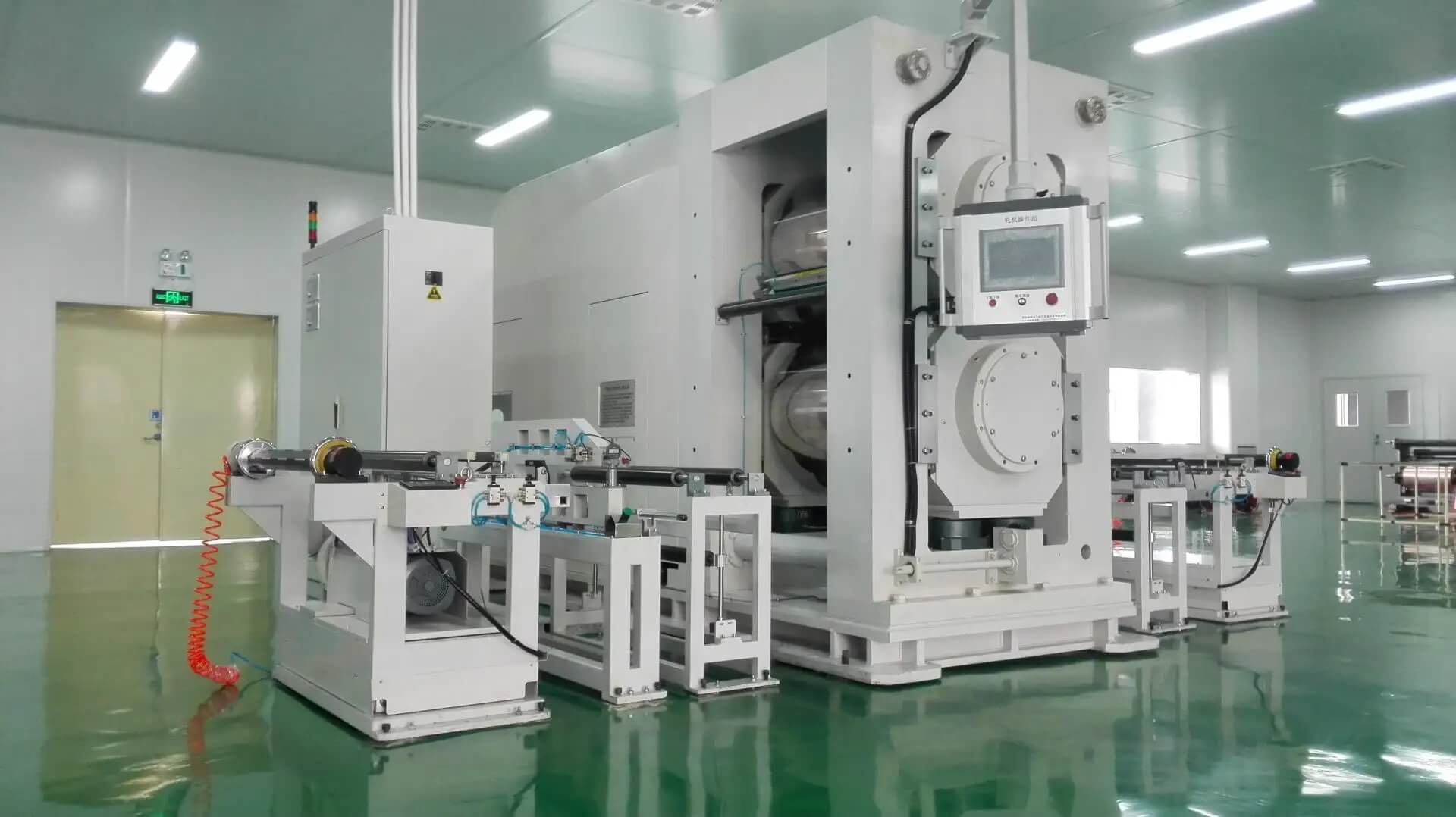- 電子メール : David@tmaxcn.com
- 電子メール : Davidtmaxcn@gmail.com
- : No. 39, Xinchang Road, Xinyang, Haicang Dist., Xiamen, Fujian, China (Mainland)
Advancing Battery Technology: The Power of Prismatic Cell Production Line
In the ever-evolving world of energy storage, Prismatic cell production lines have emerged as a pivotal technology, revolutionizing the way batteries are manufactured. This cutting-edge production line offers numerous benefits, ranging from commercial production capabilities to research and development opportunities. In this blog post, we will delve into the multifaceted aspects of Prismatic cell production lines and explore how they are shaping the future of battery technology.
Commercial Production:
Prismatic cell production lines are instrumental in meeting the demands of commercial-scale battery production. With applications spanning electric vehicles, hybrid vehicles, power tools, and energy storage systems, these production lines provide a streamlined process for large-scale manufacturing. By owning a Prismatic cell production line, companies can ensure a reliable supply of high-quality batteries and establish their presence in the battery industry.
Here are several important equipment in a Prismatic cell production line:
-
Electrode Coating Machine: This machine is used to evenly coat electrode materials onto a current collector, ensuring uniform thickness and proper adhesion.
-
Electrolyte Dispensing System: It accurately dispenses electrolyte into the assembled cells, ensuring appropriate electrolyte filling without overfilling or underfilling.
-
Cell Stacking Machine: This automated machine stacks prepared electrodes and separators to form the cell structure.
-
Cell Sealing Machine: Once the cell components are stacked, this machine tightly seals the cells to prevent electrolyte leakage and maintain cell integrity.
-
Cell Formation and Testing Equipment: These machines perform cell formation, including charging and discharging cycles to condition the cells for optimal performance. Testing equipment such as voltage testers, capacity testers, and impedance analyzers evaluate the electrical characteristics and performance of the cells.
-
Tab Welding Machine: It is used to weld tabs onto the current collectors, facilitating electrical connections during cell assembly.
-
Battery Sorting Machine: This machine sorts and classifies produced batteries based on specific criteria such as capacity, voltage, or other desired parameters.
-
Automation and Control Systems: These systems monitor and control various processes, ensuring efficient operation and consistent quality throughout the production line.
-
Safety Equipment: Safety equipment such as fume hoods, fire suppression systems, ventilation systems, and personal protective equipment (PPE) are essential for maintaining a safe working environment when handling chemicals and operating machinery.
It's important to note that the specific configuration of equipment may vary depending on the manufacturer, production capacity, and specific requirements of the Prismatic cell production line.
Prismatic cell production lines serve as a breeding ground for research and innovation in battery technology. The ability to independently produce batteries allows researchers to explore novel designs, materials, and manufacturing techniques. By utilizing the production line, researchers can validate and optimize new technologies and innovations. This fosters advancements in battery performance, energy density, and cycle life, propelling the growth of battery technology.
Customized Production:
One of the remarkable features of Prismatic cell production lines is their flexibility in accommodating customized production requirements. Tailoring the parameters and processes of the production line allows manufacturers to meet specific customer demands. Whether it's adjusting cell specifications, implementing unique designs, or optimizing production for niche applications, customization capabilities enable manufacturers to cater to a diverse range of customer requirements.
Education and Training:
Prismatic cell production lines have a significant role to play in education and training within academic institutions, research centers, and training facilities. These production lines provide a hands-on learning experience, allowing students and researchers to gain practical insights into battery manufacturing processes, technologies, and challenges. The ability to simulate production line operations facilitates a deeper understanding of the complexities involved in battery production.
Collaborative Partnerships:
Owning a Prismatic cell production line opens avenues for collaborative partnerships with battery manufacturers, automotive companies, and energy solution providers. These collaborations foster technological exchange, joint product development, and market expansion. By pooling resources and expertise, partners can achieve mutual benefits and drive growth in the battery industry.
Conclusion:
In the realm of battery technology, Prismatic cell production lines are instrumental in propelling innovation, meeting commercial demands, and fostering collaborations. Their versatility enables customized production, research advancements, and educational opportunities. As the energy landscape continues to evolve, Prismatic cell production lines stand at the forefront, shaping the future of battery technology and contributing to sustainable energy and electrified transportation.
Through the capabilities of Prismatic cell production lines, we are witnessing a transformative era in battery manufacturing, setting the stage for a brighter and greener future.

 English▼
English▼




 +86 13174506016
+86 13174506016 David@tmaxcn.com
David@tmaxcn.com

